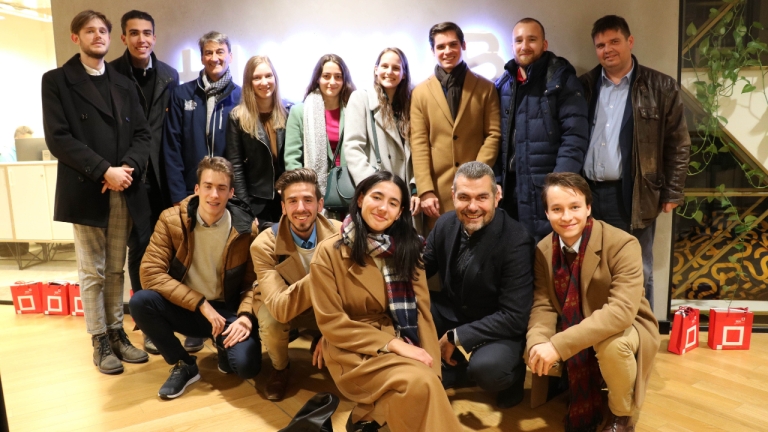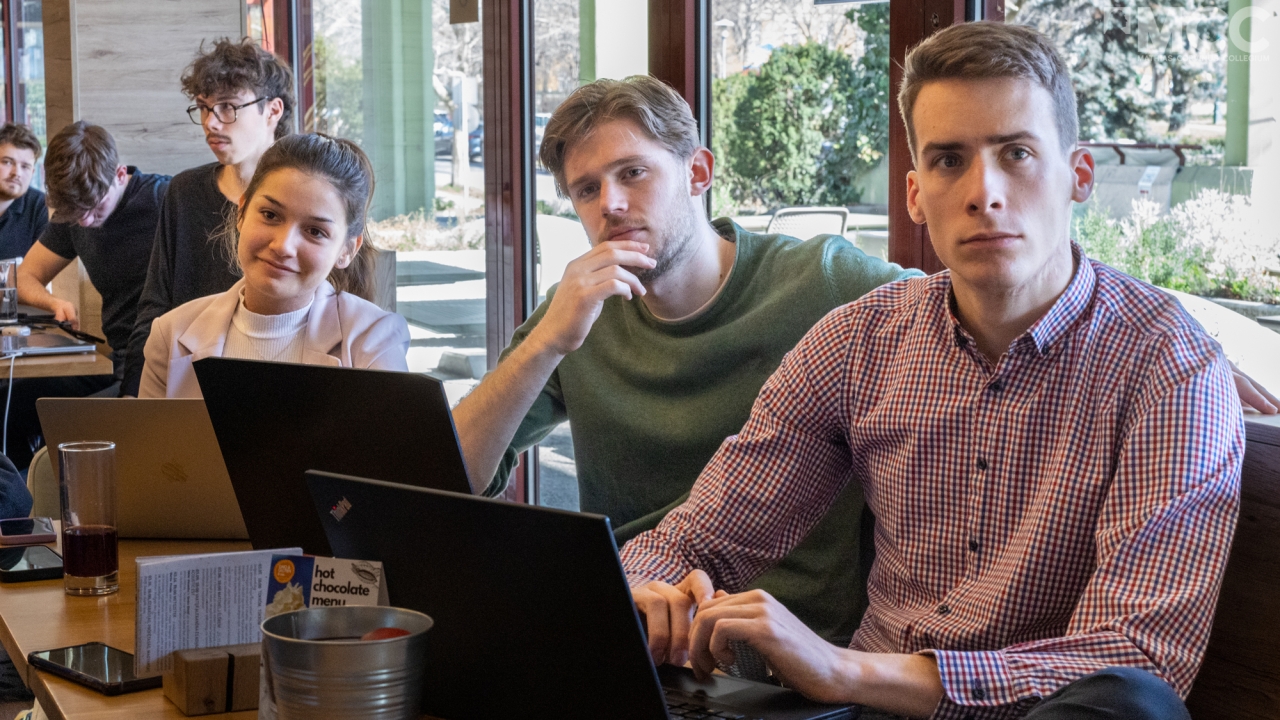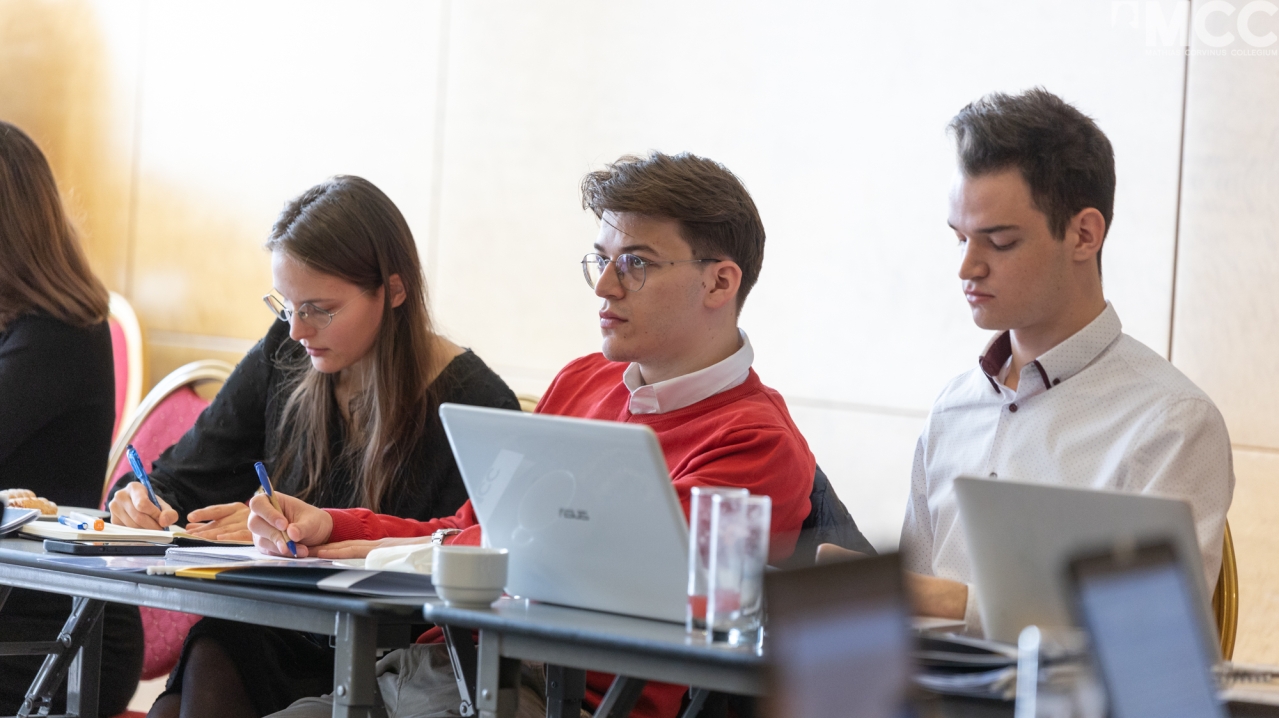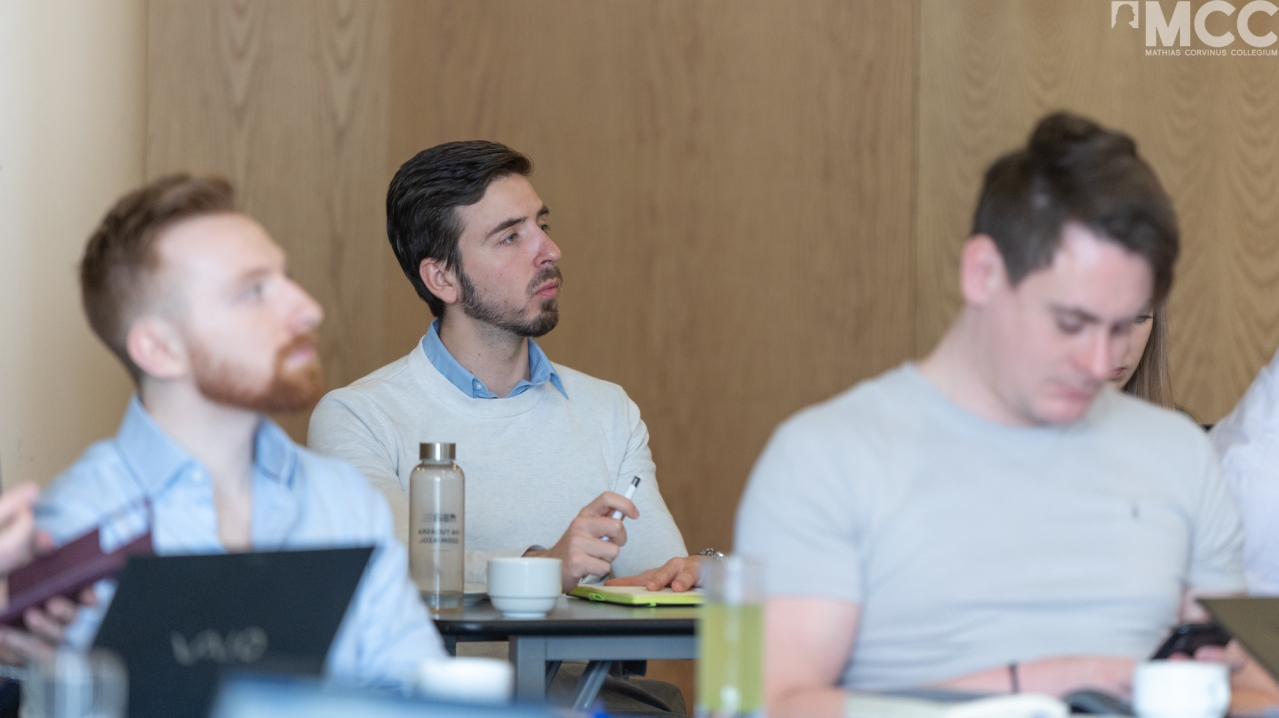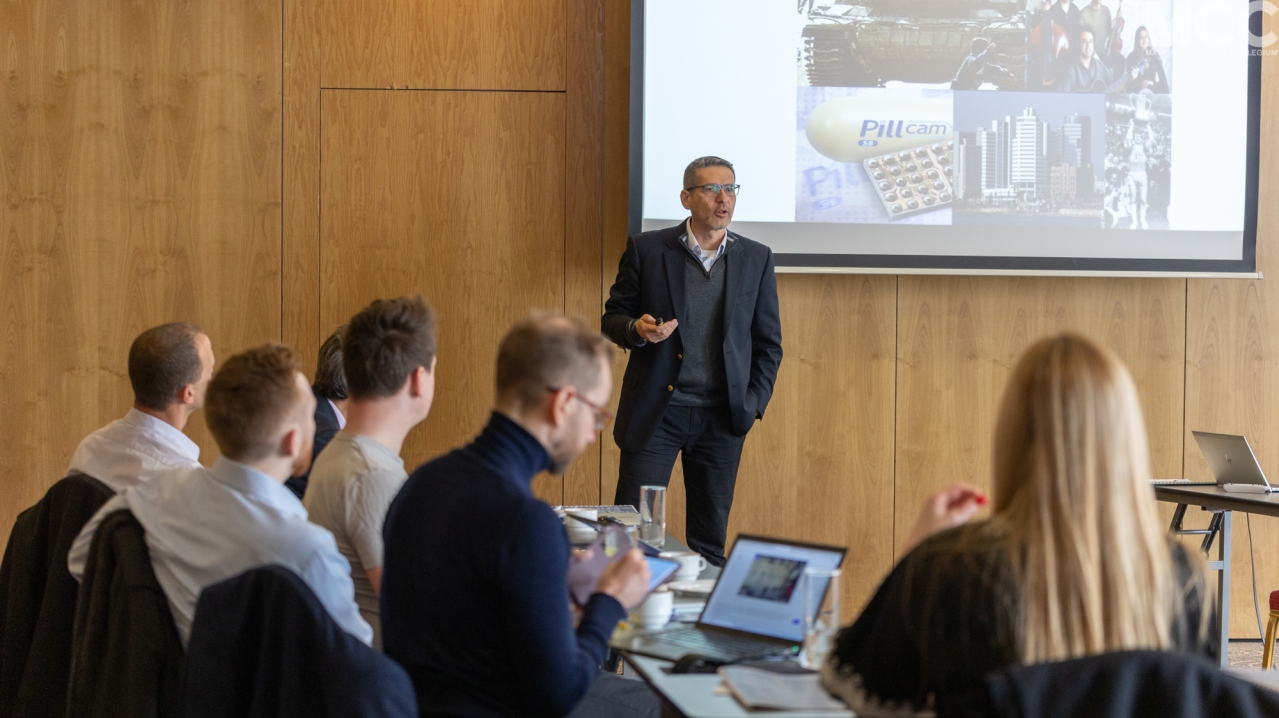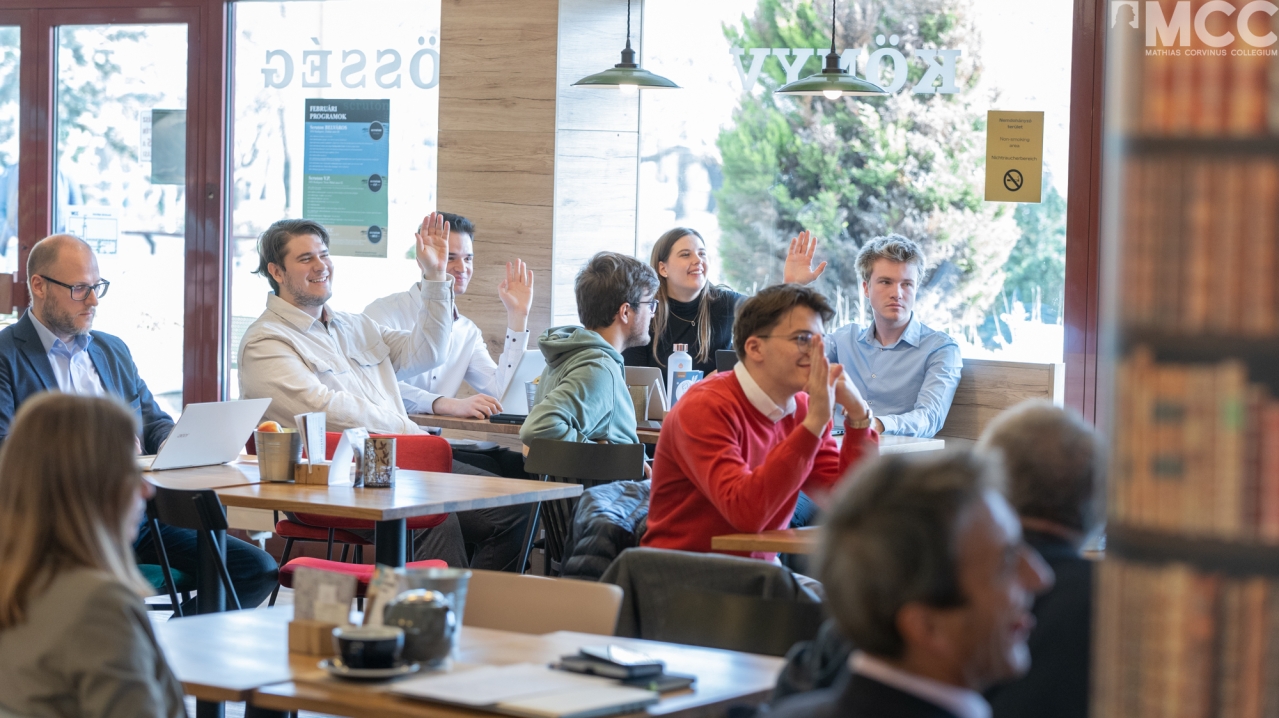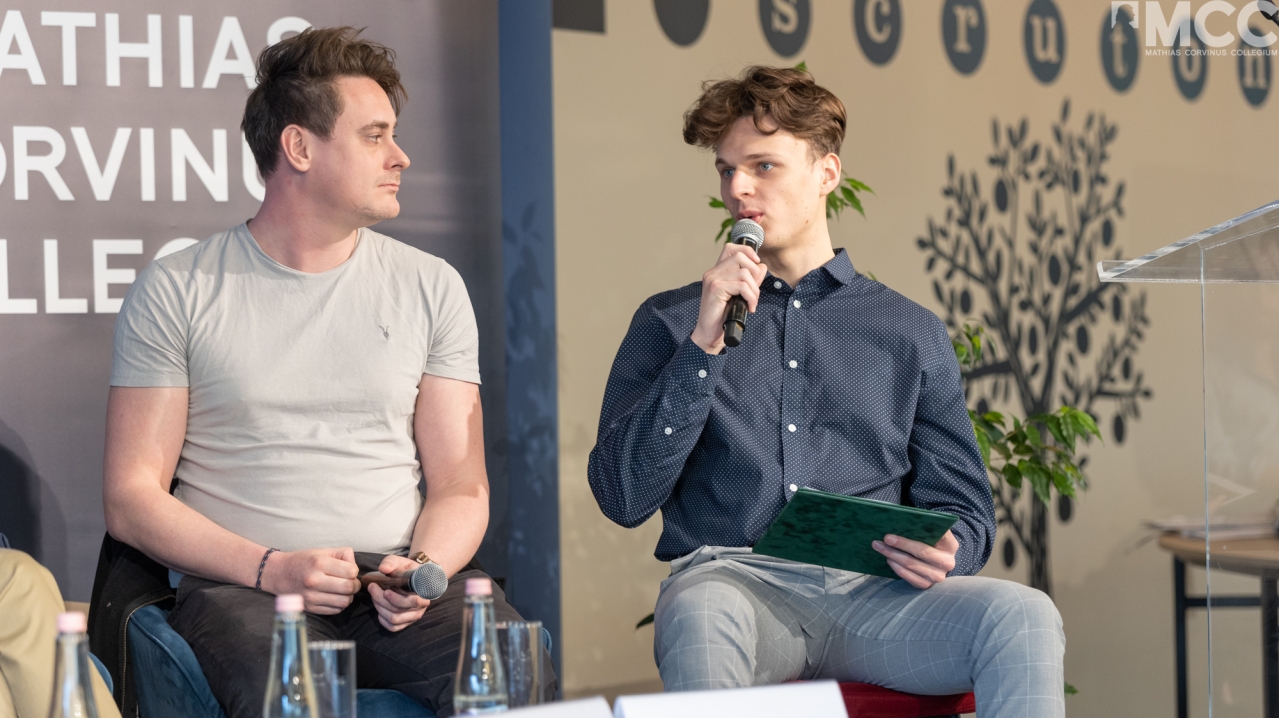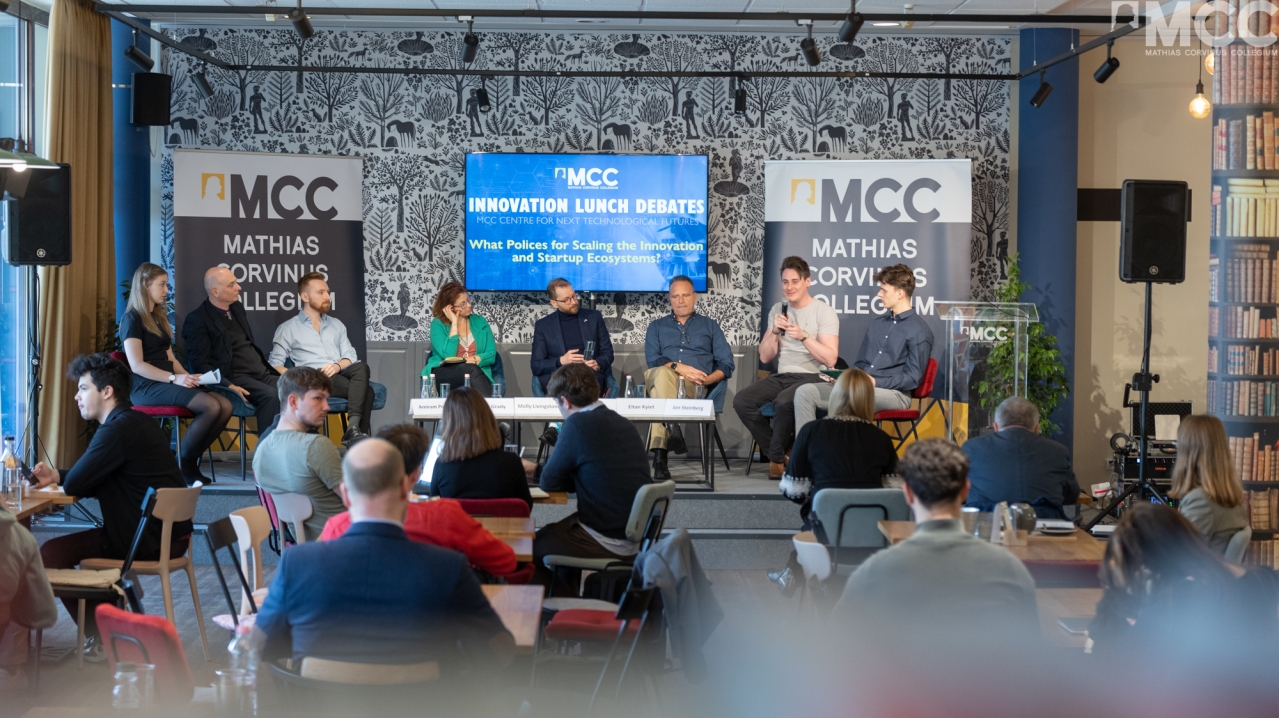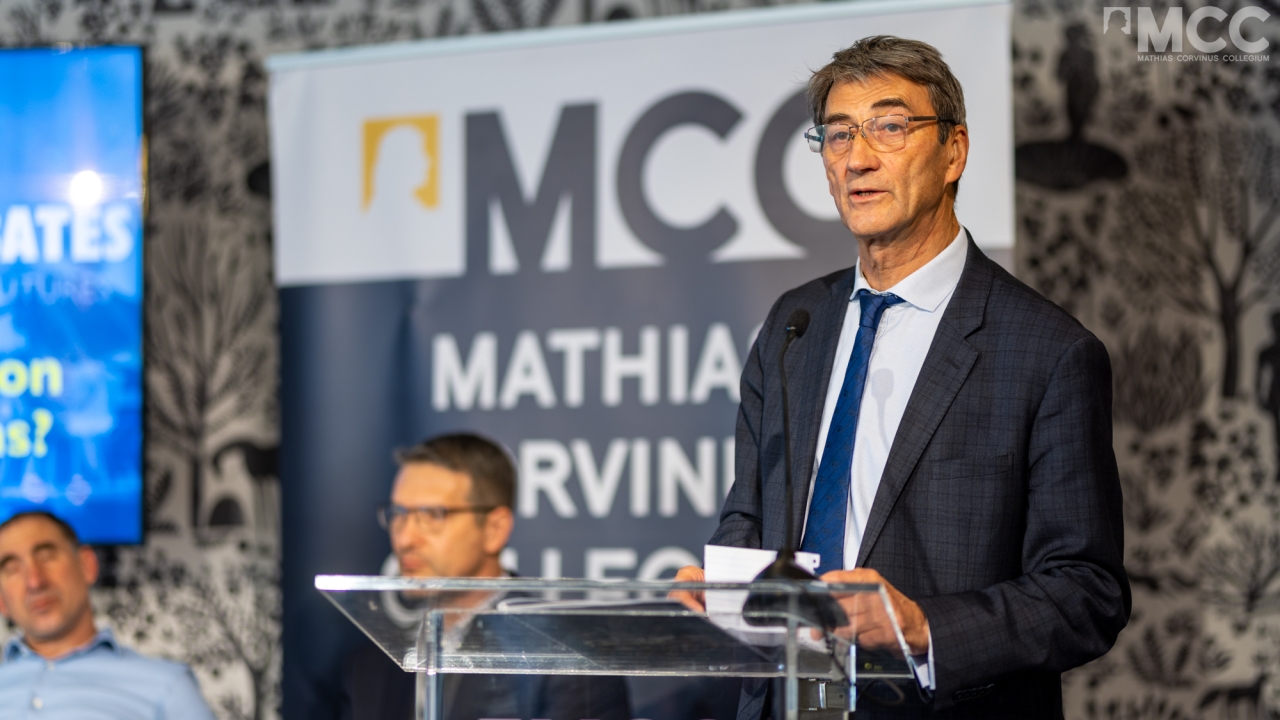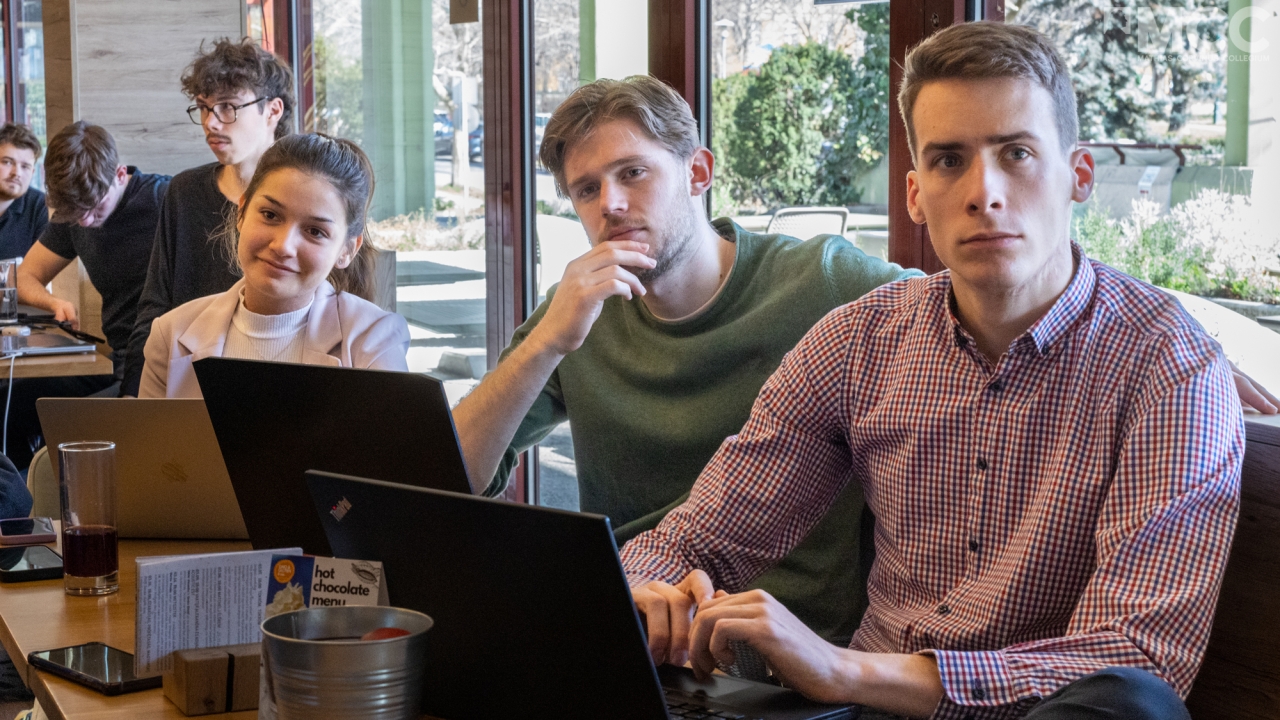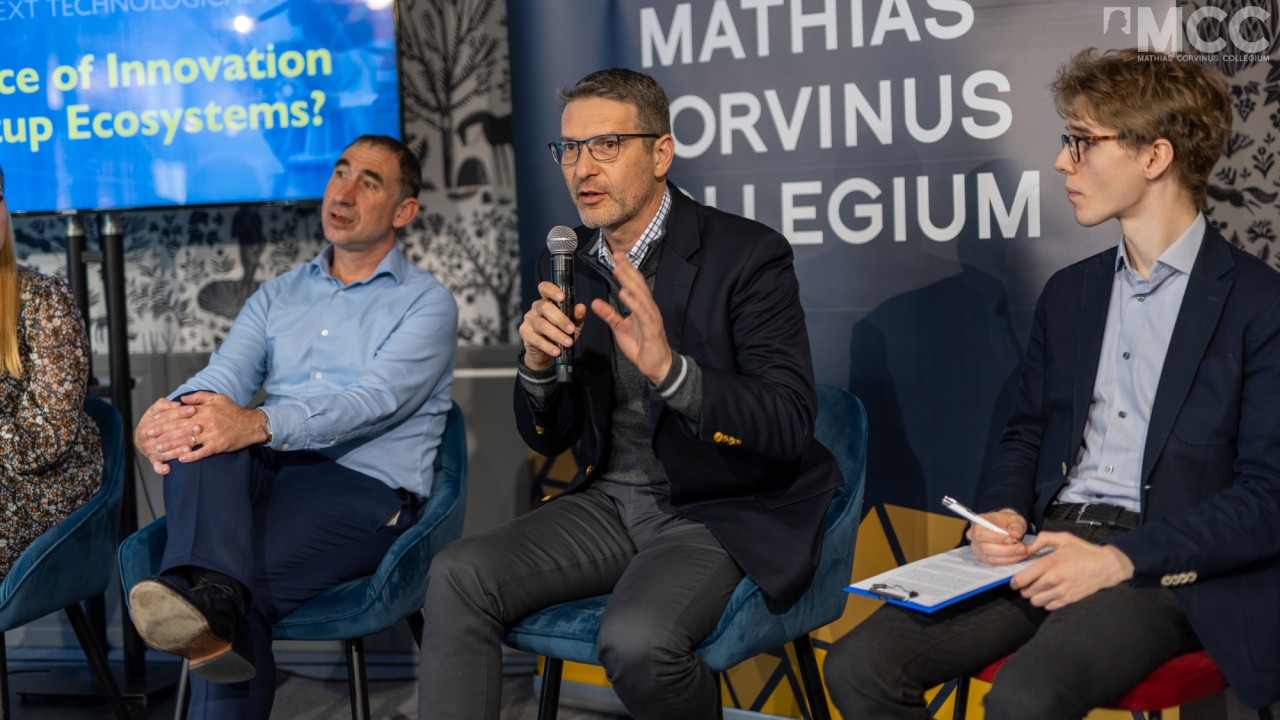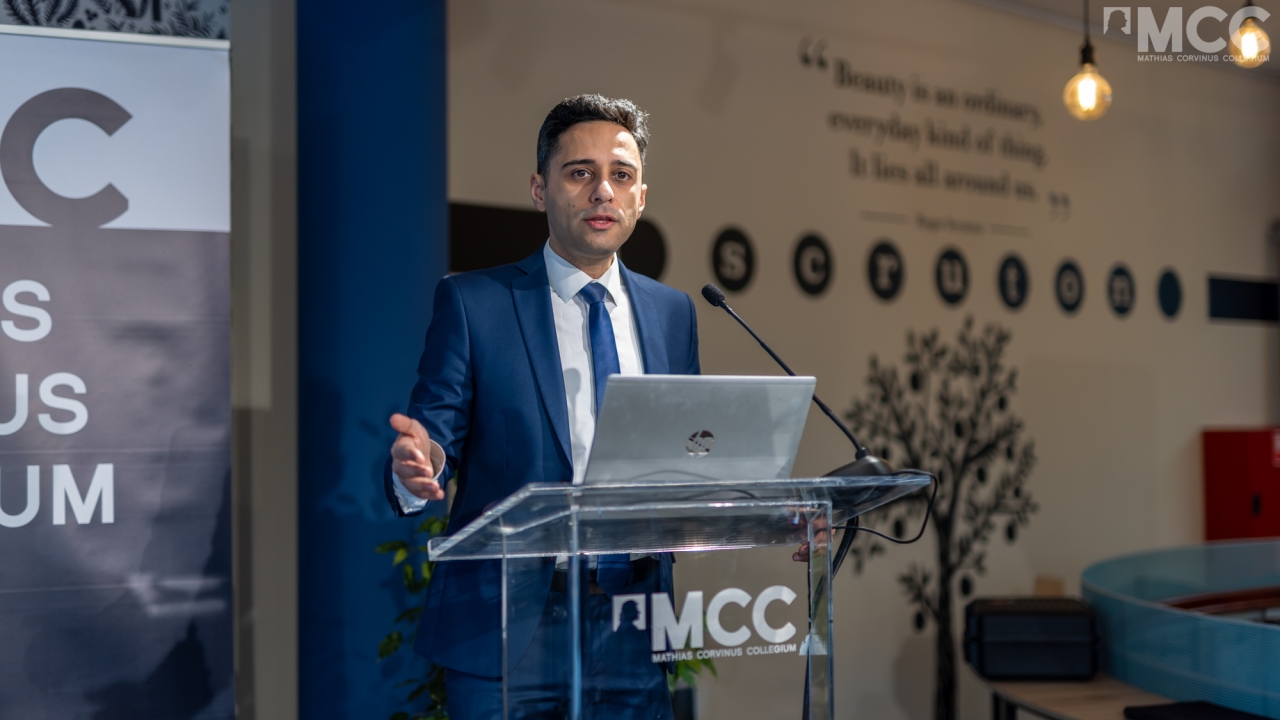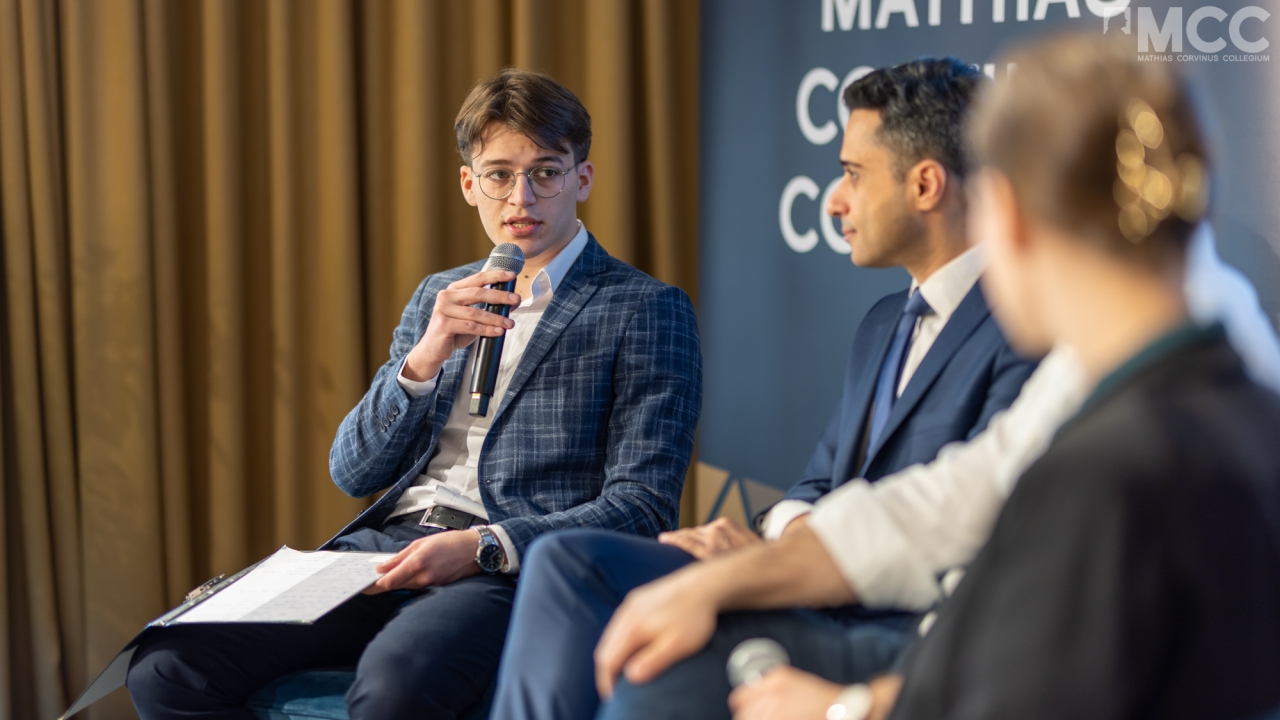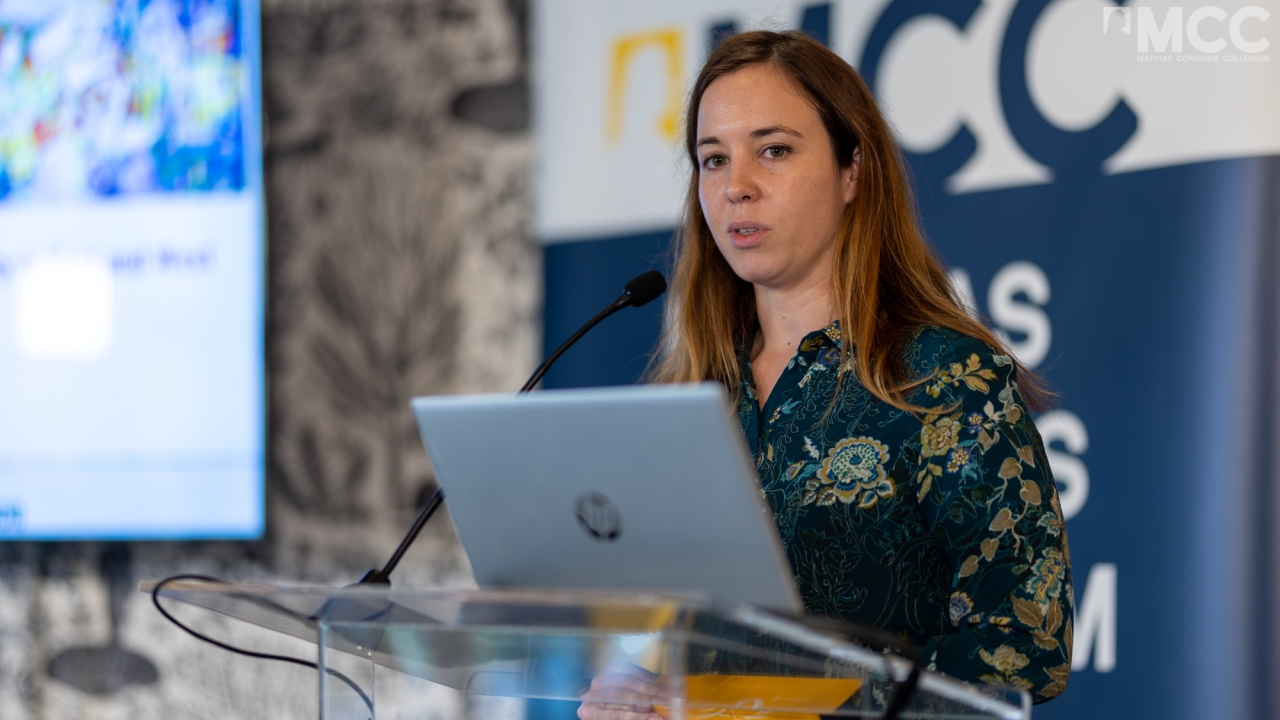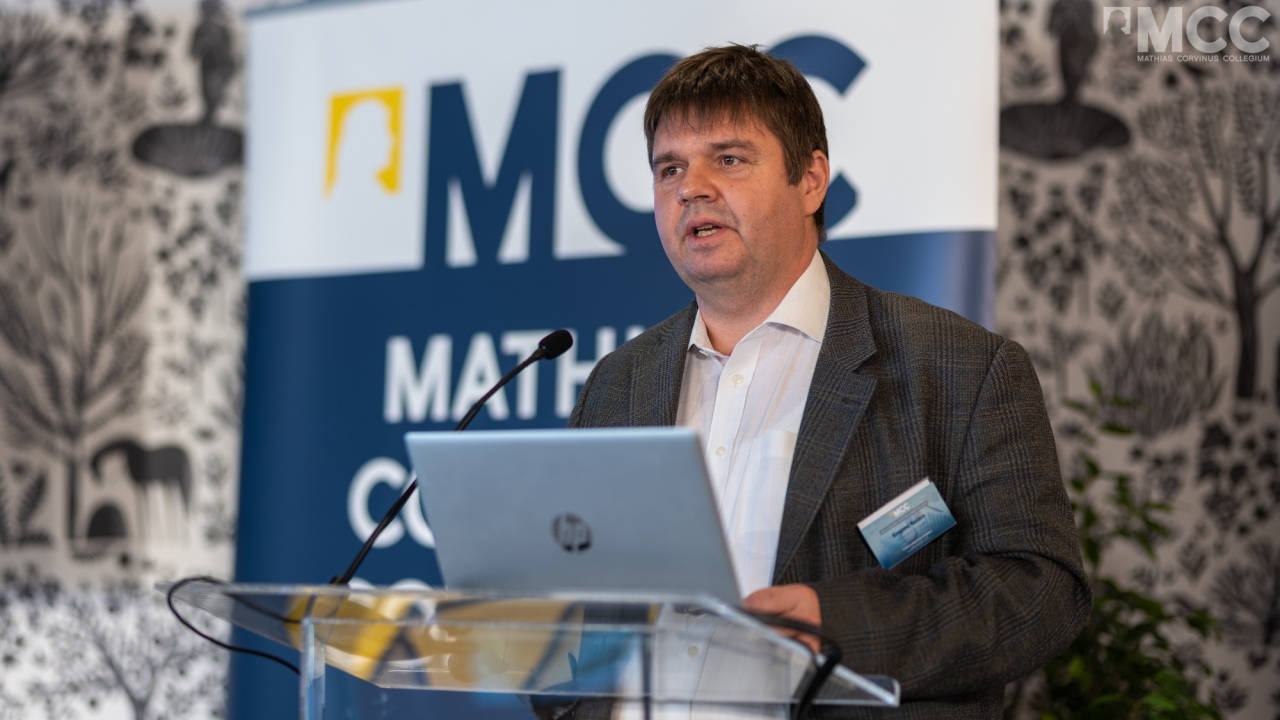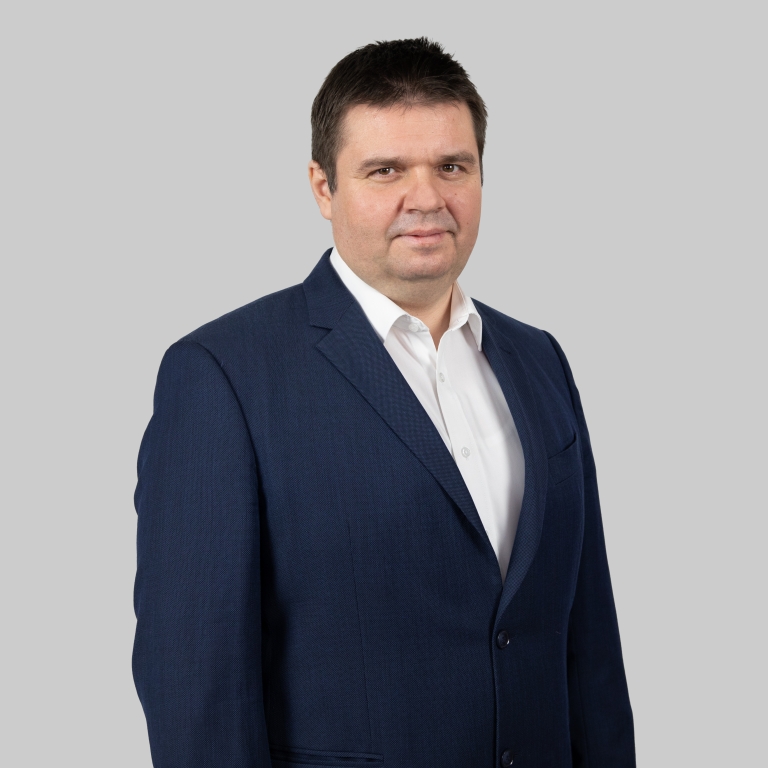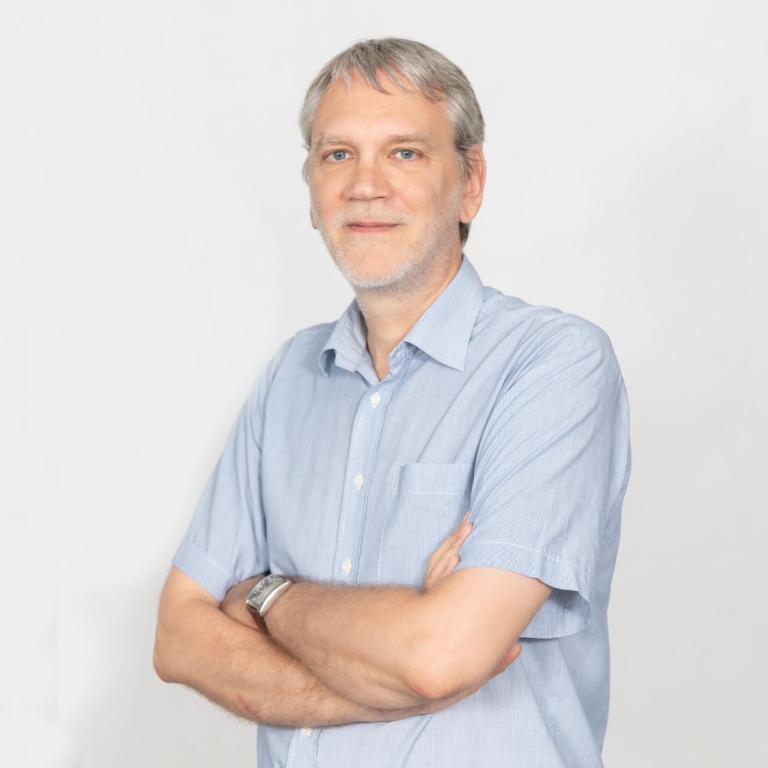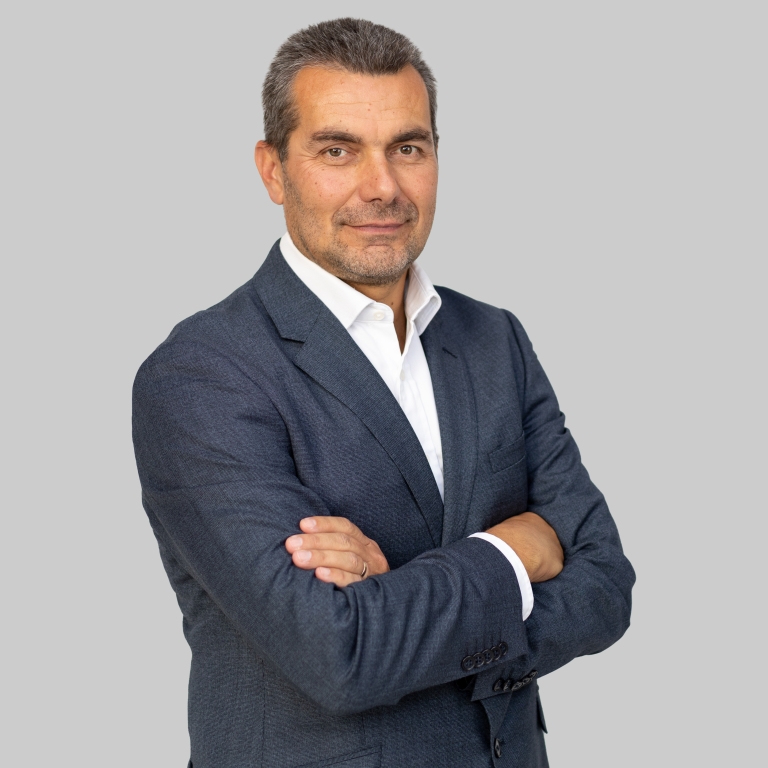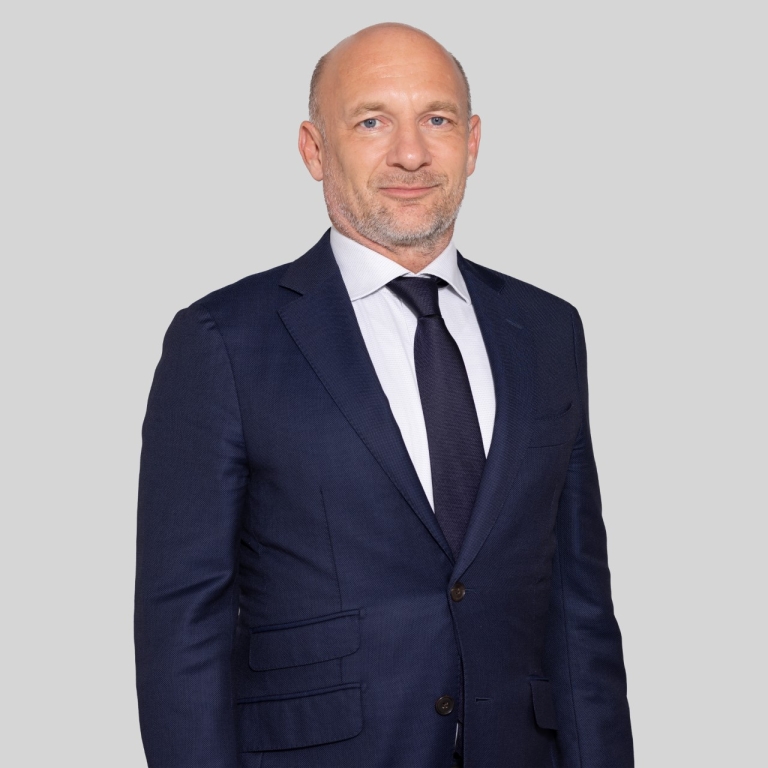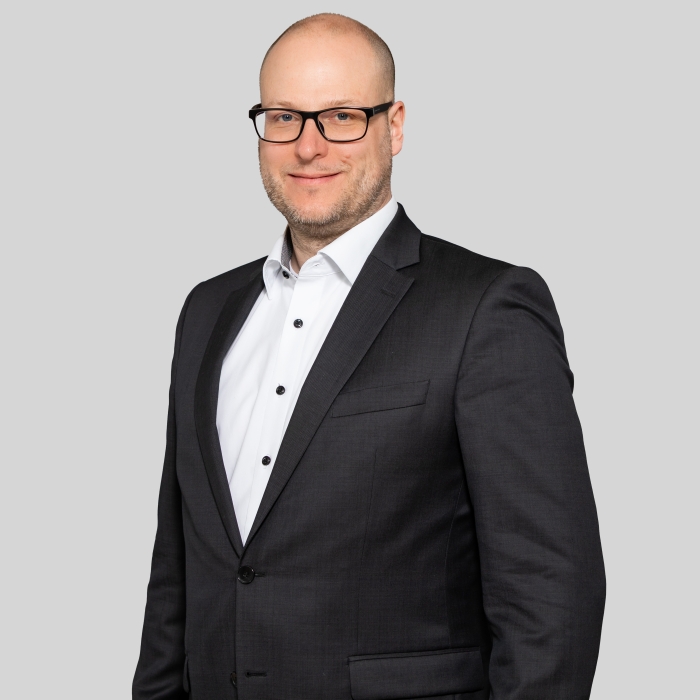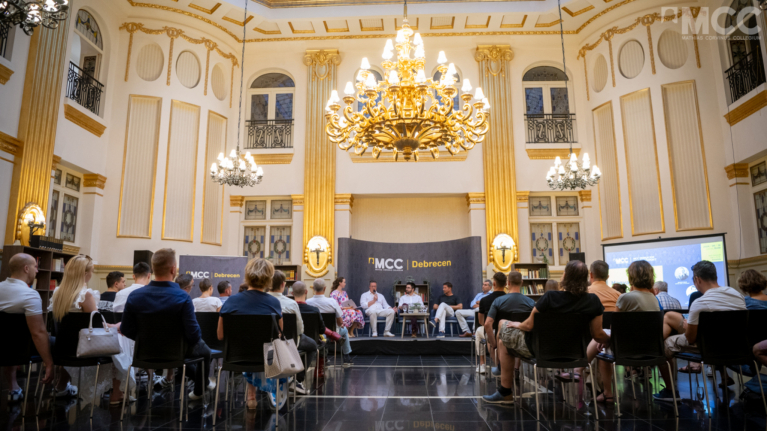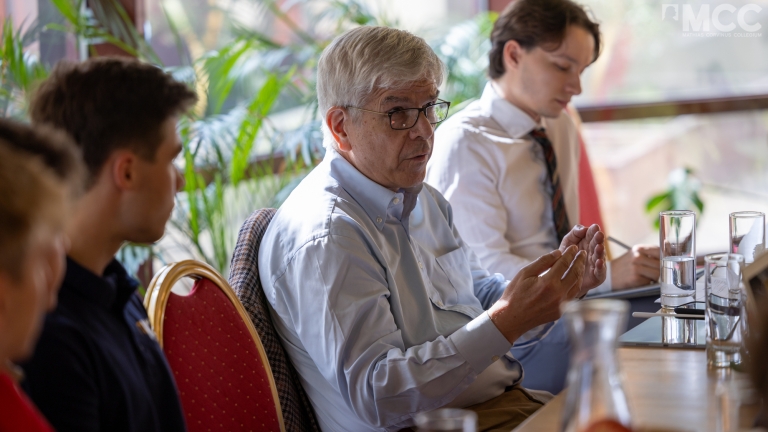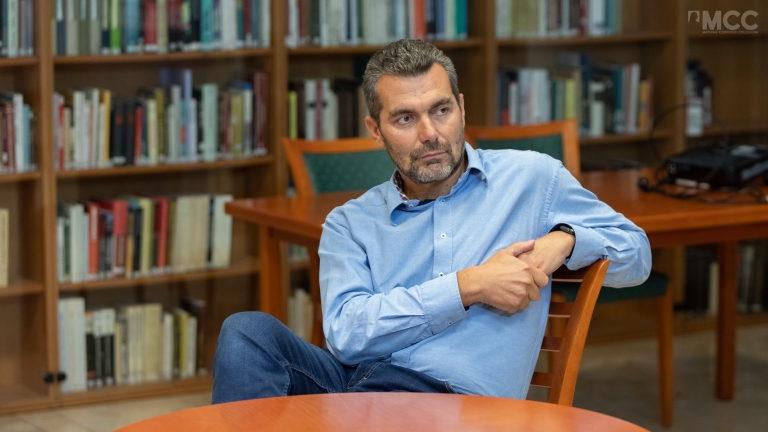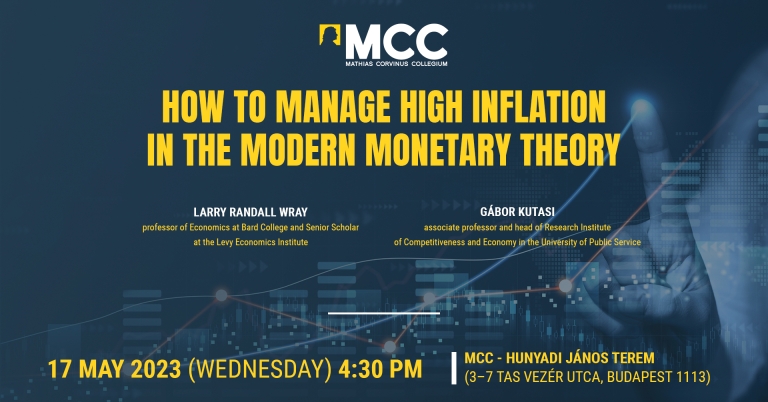The goal of the MCC School of Economics is to help supply Hungarian economic professionals with tangible, up-to-date knowledge through its educational, research and economic organization activities and thus strengthen the Hungarian economy.
With our courses, we strive for our students to acquire a broad economic literacy and understand the functioning of the Hungarian economy. Openness, strong methodological foundations, understanding the relationship between theory and practice, knowledge of the Hungarian economy, willingness to act - these are our main guiding principles. We prepare our students so that they can find their tasks and careers in the Hungarian economy armed with globally valuable knowledge - as company managers, analysts, researchers or economic politicians.
With our research and events, our goal is to reveal the motivations, organizational frameworks and social laws that organize the Hungarian economy, and to interpret the world's technological, social and economic processes. It is important to us that the methodological and theoretical thoroughness of our work is world-class, and that its conclusions offer valuable new knowledge to economic decision-makers.
With our projects, we provide a platform for companies, students, the academic sphere and the world of economic organization and economic policy to strengthen the relationship between theory and practice through common thinking. The MCC School of Economics delivers analytical tools that fit the domestic conditions, with a great emphasis on quality, and results that focus on the challenges and opportunities of our economy.
Click here for the Hungarian version of this site:
Center for Business Studies
Vállalatértékelés elméleti és gyakorlati kérdései Valuation - theories and practice
Befektetési elvek és stratégiák, Mit tegyek tízmillió forinttal?
Bankszakma
Kockázati tőke
A Balkán és az EU
Center for Next Technological Futures
Understanding the Fourth Industrial Revolution: Technology & Economy
Understanding the Fourth Industrial Revolution: Society & Geopolitics
Innovation Economics
Nudging: Theory and Practice
Reading Seminar: Four books about the Fourth Industrial Revolution
From Prediction Machines to Superintelligence – How Artificial Intelligence is transforming Business?
From Research to IPO: The Recipe of Unicorns from Oxford
Center for Economic Policy
AI – Practical applications
CBDC
Mathematics, statistics and AI in economics
Financial crises
The behavioural economics and business side of gambling
Related news
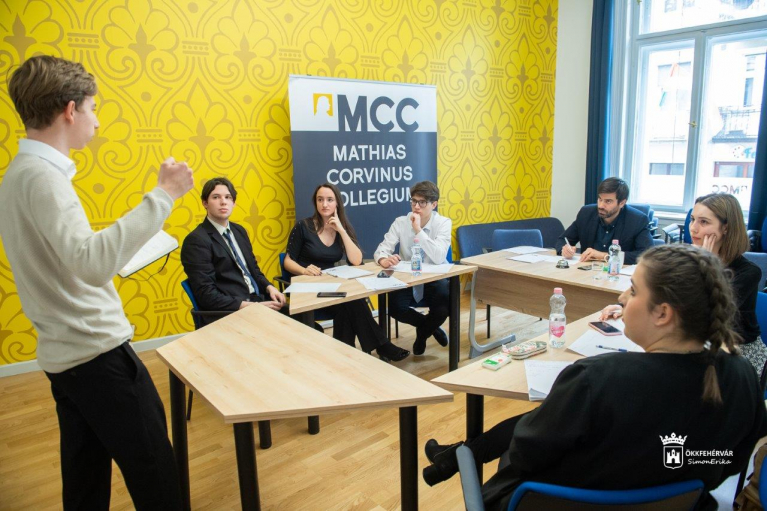
Living Freedom Summer School: learn about freedom of expression, debate and learn in London!

MCC Torockó 2023 - The First Merged Training Event of MCC’s School of Economics
